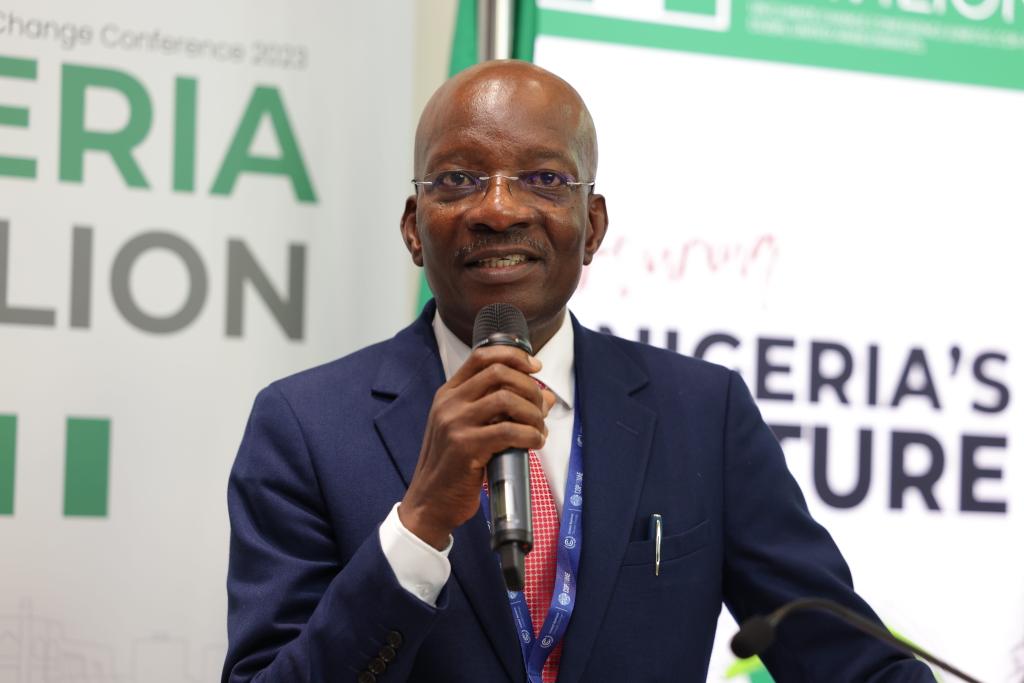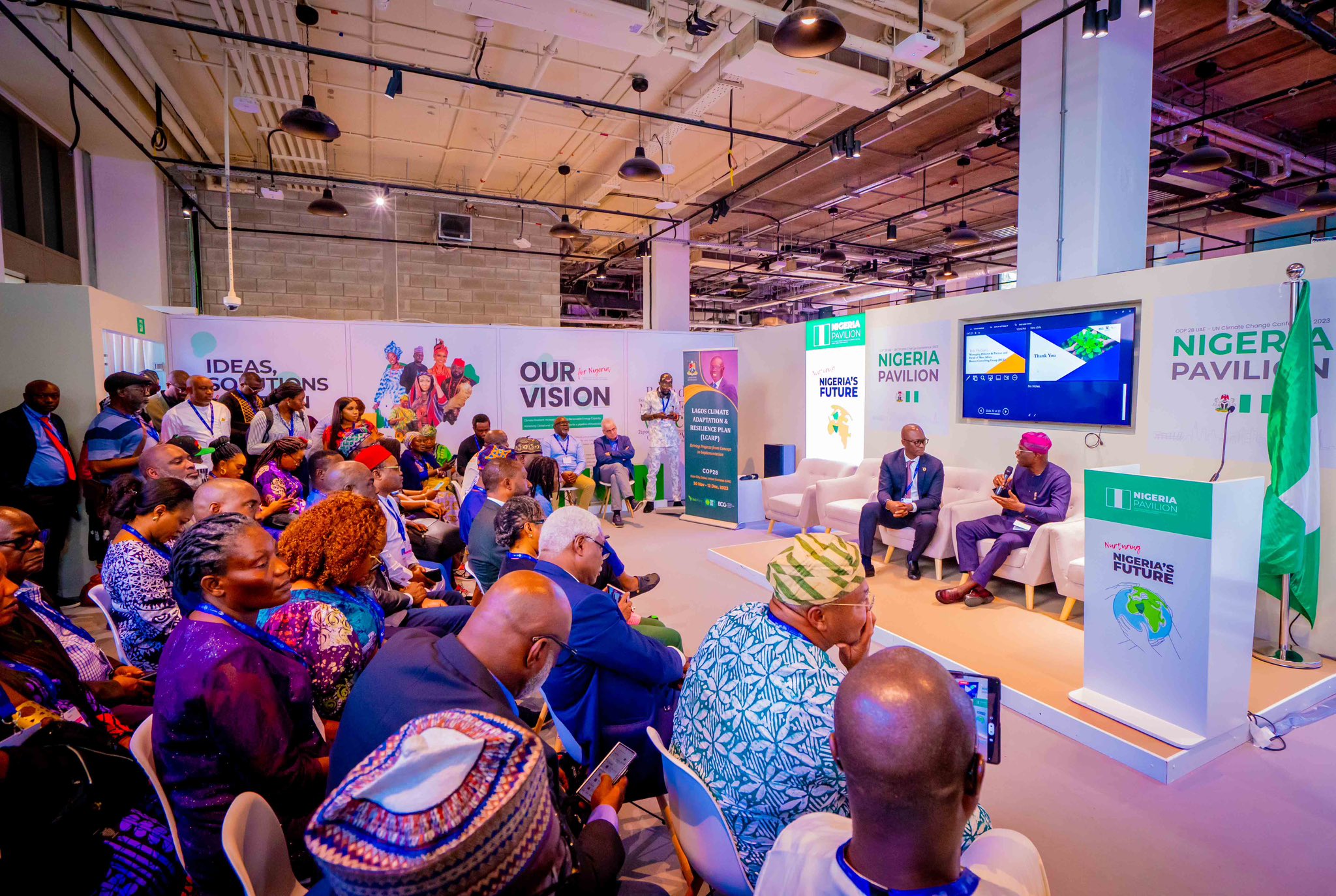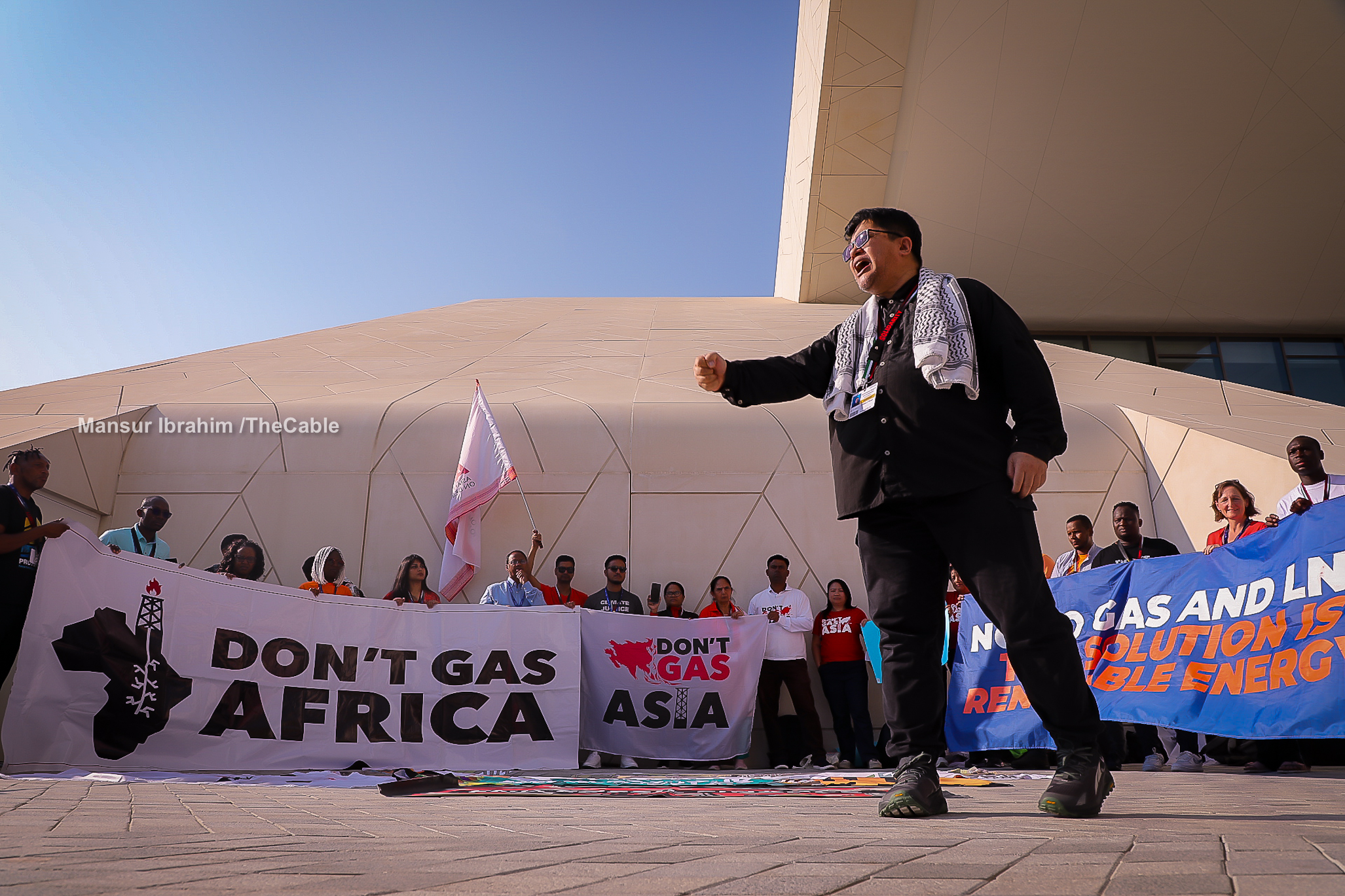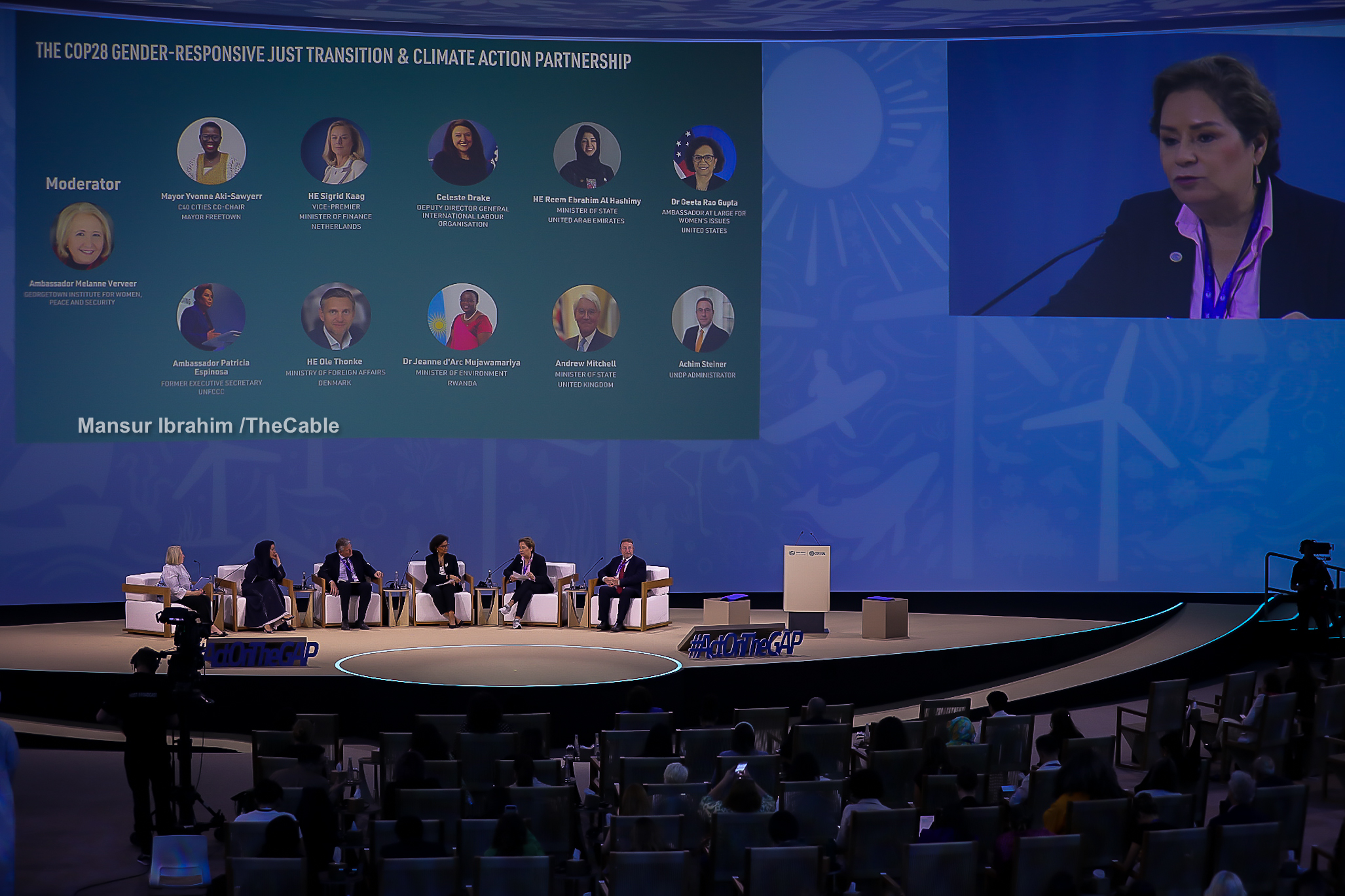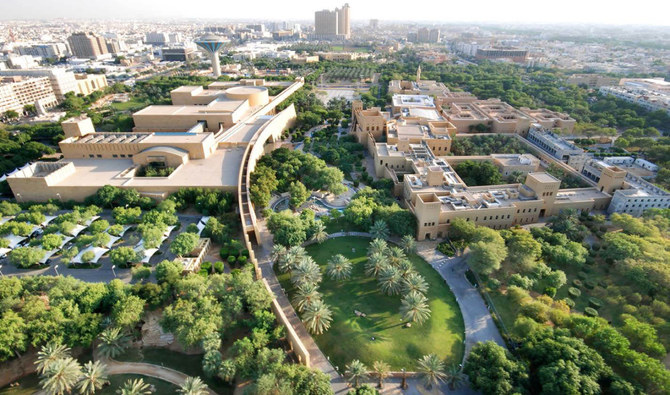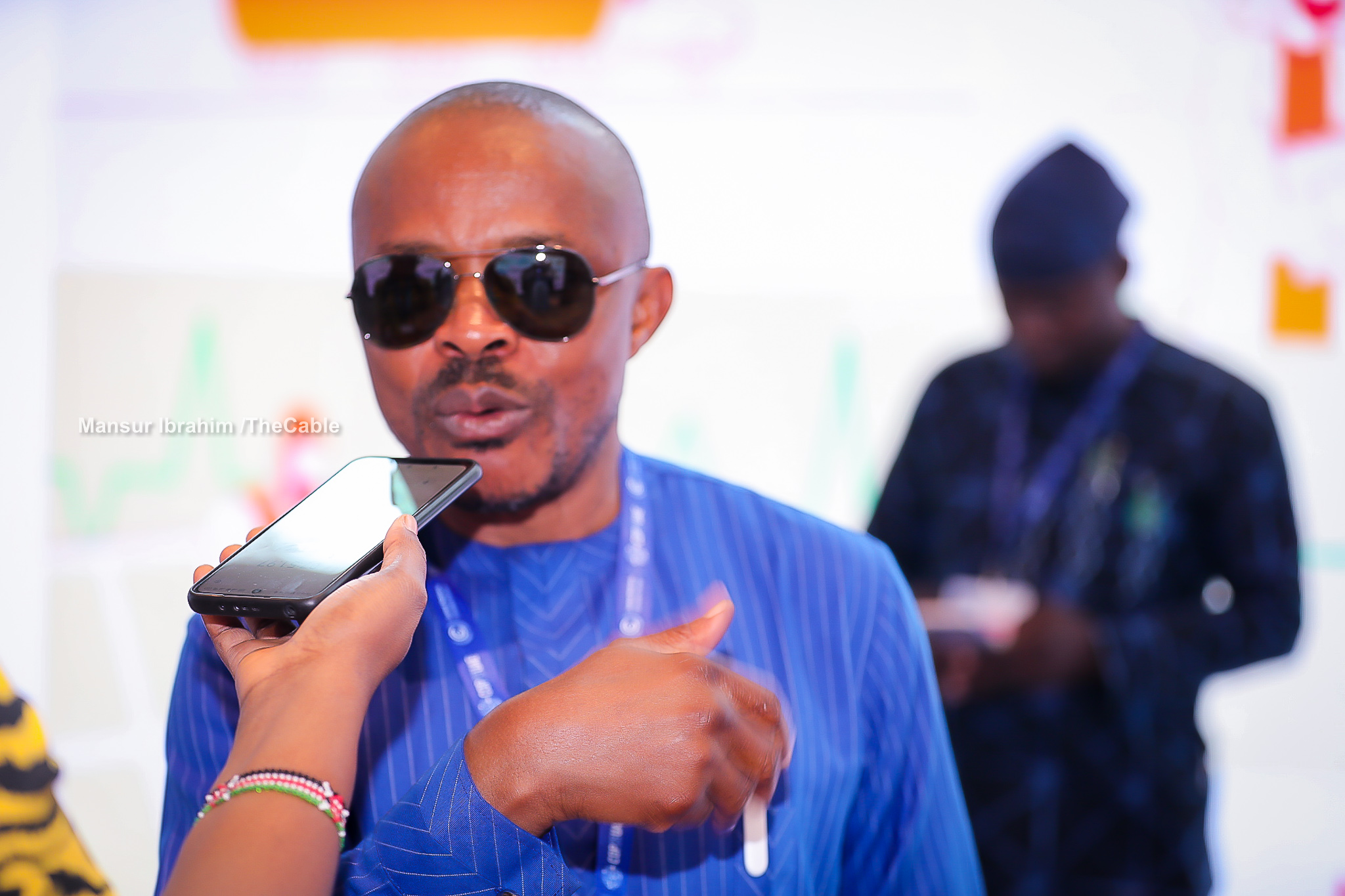A file picture of COP28 held in Dubai, United Arab Emirates (UAE)
Despite directly impacting our communities, health, and livelihoods, climate-related reports usually take a back seat to dominant news beats like politics and business.
Climate Watch aims to ensure you never miss important stories on climate change and actions being taken toward limiting its impact.
Here is a round-up of last week’s climate stories:
- At the 28th conference of parties (COP28) which opened in Dubai, United Arab Emirates (UAE) on November 30, Simon Stiell, UN executive secretary, said only cooperation among nations can get humanity to meet the Paris Agreement goals. Stiell said COP28 is a decisive moment for countries to act on climate commitments and prevent the worst impacts of climate change. He said climate finance at the conference would be crucial to double resources for adaptation and build trust in other negotiation areas. Read more here.
- At the conference, Sultan Al-Jaber, COP28 president, pledged to work to ensure that climate finance is unlocked for developing countries during his tenure. Jaber said developed countries should not be made to choose between development and climate action. He said countries must not lose sight of the 1.5C target and also should not lose time at delivering the most ambitious global stocktake at COP28. Read more here.
- At COP28, the loss and damage fund became operationalised and received over $450 million in pledges. Countries that came forward with pledges include the UAE with a pledge of $100 million, Germany with $100 million, the United Kingdom committed $60 million, the USA pledged $17.5 million and Japan pledged $10 million. The rest of the European Union collectively pledged an aggregate of $145.7 million. Read more here.
- During the World Climate Action Summit at COP28, Antonio Guterres, United Nations secretary general, said the world must accelerate a just, equitable transition to renewable energy. Guterres said renewables are needed to heal the planet, clean the air and meet the world’s growing energy demand. He said there is a need to phase out fossil fuels completely and not reduce or abate them because the planet cannot be saved with a “firehose of fossil fuels”. Read more here.
- At the climate conference, President Bola Tinubu signed an agreement with Olaf Scholz, Chancellor of Germany, to improve Nigeria’s grid capacity and improve electricity supply in the country. The agreement is aimed at accelerating the Presidential Power Initiative (PPI). Adebayo Adelabu, minister of power, said the agreement would see to the end-to-end expansion of Nigeria’s electric power transmission grid. Find out more here.
- President Tinubu also announced plans to deploy 100 electric buses for carbon reduction and modernisation of the transportation system in Nigeria. Tinubu said the Nigeria carbon market activation plan is expected to focus on natural gas and other renewable energy sources as a transition fuel. He said the initiative is part of the efforts to position “Nigeria and Africa as the pioneering frontier of green manufacturing and industrialisation”. Read more here.
- Speaking at COP28, Tinubu pledged Nigeria’s commitment to methane emission reduction by at least 30 percent by 2030. Tinubu said the country is a signatory to the COP28 decarbonisation accelerator and had signed off as a member of the United Nations (UN) global compact. Tinubu assured that Nigeria would continue to make efforts to achieve renewables. Read more here.
- Adeyemi Adeniran, the statistician-general of the federation, on November 30, inaugurated the Nigeria flood impact, recovery and mitigation assessment report. The survey was done in Anambra, Jigawa, Bayelsa, Delta, Kogi, and Nasarawa states. Adeniran said Bayelsa faced the highest impact of flooding with 99 percent of interviewed households affected in one way or the other. Find out more here.
- At an event on “Africa’s green industrialisation” on the sideline of COP28, Tinubu said the risks of transitioning to clean energy must be properly managed. The president said this is to ensure Africa does not become a victim of the sudden change that comes with mitigation measures. He said Nigeria and Africa urgently require investments in alternative energy and the green economy to fully and effectively transition. Read more here.
Advertisement
Add a comment

